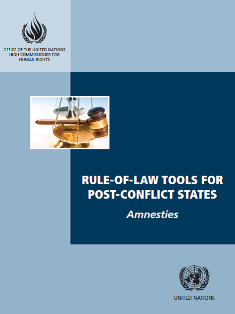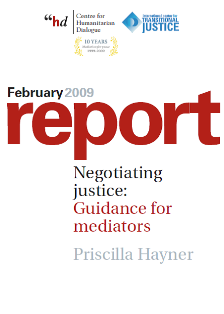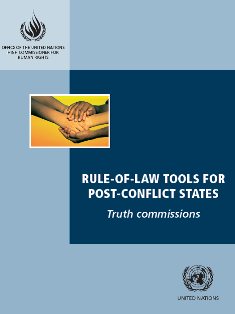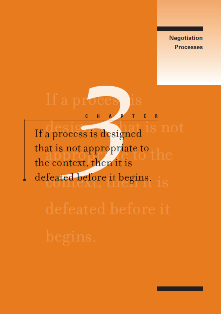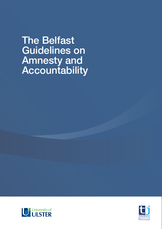
2014 | Author: Transitional Justice Institute of the University of Ulster
The Belfast Guidelines on Amnesty and Accountability
The Belfast Guidelines on Amnesty and Accountability aim to assist all those seeking to make or evaluate decisions on amnesties and accountability in the midst or in the wake of conflict or repression. The Guidelines identify the multiple obligations and objectives facing states in protecting human rights, explain the legal status of amnesties within the framework of the multiple legal obligations that states must reconcile, assist states in recognising the positive role of certain forms of amnesty in advancing transitional policy and conflict transformation goals, present ways that amnesties and any associated processes or institutions can be designed to complement accountability, recommend approaches that allow public participation and, independent review of decisions to enact and grant amnesty. The Guidelines are divided into four parts: general principles; scope of amnesty; amnesty conditions; and amnesty adoption, implementation and review. All guidelines should be interpreted in accordance with the General Principles in Part A.
